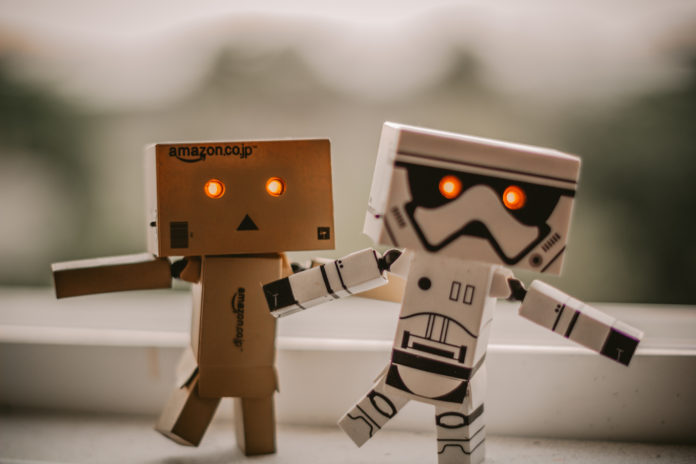The advancements in Artificial Intelligence spurred heated arguments globally. It is clear from the trend, that the fourth industrial revolution will be the dawn of technology advancements and automation. Artificial Intelligence has already infiltrated our homes and workplaces. Modern robotics and enhanced intelligence have enabled high-end data processing and Industrial automation.
Following are the various aspects of the transformations that Artificial intelligence will make on the global economy.
Cybersecurity
The technologies of AIs are fault-proofing the transaction mechanisms for all sorts of businesses and exchanges. Cybersecurity will bring the required boom in the digital market along with growth in digital currencies.
Job Evaporation
The growth in Artificial Intelligence and automation has already cost the jobs of hundreds of thousands of employees in different industries. Manufacturing industries have incorporated robotics in the development chain. Similarly, service industries have developed self-sufficient interfaces to provide customer support and guidance systems.
A report posted by McKinsey Global Institute suggests that by 2030, up to one-third of the workforce of America will be forced to switch careers. Former President of the United States, Barack Obama gave his opinion on the topic of Artificial Intelligence and Automation at an Interview for Wired. He stated, “If properly harnessed, it can generate enormous prosperity and opportunity, but it also has some downsides that we’re gonna have to figure out in terms of not eliminating jobs. It could increase inequality. It could suppress wages.”
Job Evolution
People are afraid the modernization of Artificial intelligence will cost them their jobs. However, taking an example from the early boom of computing technology, the use of computing tools led to the development of various other technical jobs. It is true that the existing jobs may vanish in coming future and people may shift from their existing jobs to a more advanced one.
Artificial intelligence (AI) will create 2.3 million jobs globally and become a positive “net job motivator” by 2020, according to Gartner Inc.
Business Automation
The introduction of Robotics along with Artificial Intelligence has advanced the manufacturing systems where problem-solving by machine learning has brought up new ideas and updates. Uber ATG invested in Otto to reduce road accidents. These technologies are being developed to get driverless cars and trucks.
Automation in these sectors might cost the jobs of many but will definitely promise a more secure and efficient business environment.
Automatic Hiring Tools
The modern tools have made the hiring tools easier that skim through your applications and choose the suitable candidates based on the company’s requirements. The new technology will be able to streamline or automate some parts of the recruiting workflow. These tasks will be especially repetitive, high-volume tasks.
The task performed will be standardized in terms of the characteristics the company is looking for in an employee. As the HR data has become easier to collect, access and analyze, the Artificial Intelligence promises to provide a better hiring mechanism to match the ideal employee.
Scope for Creativity
The Artificially Intelligent tools may take the monotonicity out of your jobs and keep up the creative work. The Automation in jobs like Hiring, Testing and manufacturing leave a scope for industries where creativeness is the primary skill required of a candidate.
However, the artistic potential of AI has not been achieved completely. There are several debates as to what the AI can achieve.
In 2016, IBM created the first AI made a trailer for the movie Morgan, the AI tool Watson, analyzed the visuals, sound, and composition of hundreds of existing horror film trailers. It then selected the scenes from the movie Morgan. The clips were then given to the editors to patch. In this way, Watson was able to reduce the task which would’ve taken weeks to complete.
Improved Quality of Life
Due to the many advancements in various sectors, from healthcare to agriculture.AI is expected to improve the Quality of Life of people. For example, Tata Rallis administers information on pesticides by harnessing data on crop health and soil conditions using AI-powered drones. This has been helpful to increase output and overall growth in agriculture.
The development in AI will change our perception of how the world work. There is no escaping it. Hence it only makes sense to embrace the advancements rather than fear from it. The AI advantage will bring a change in how jobs work and how the markets in different sectors operate.


































